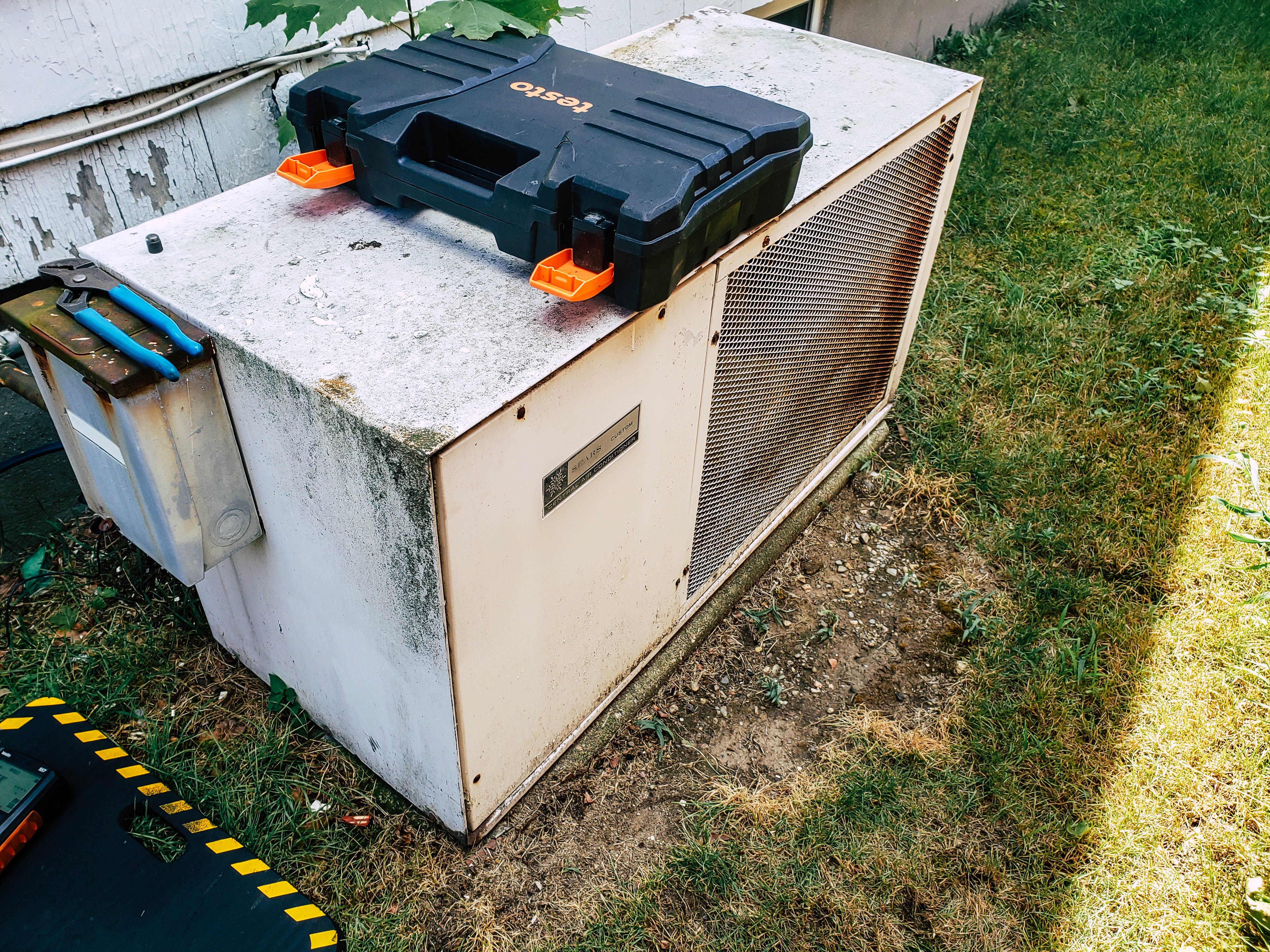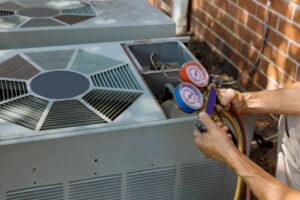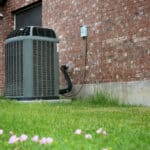In the dog days of summer, your AC is likely the most treasured appliance. It’s responsible for keeping your home cool and comfortable in that San Diego heat, and it’s a big investment for your home.
Naturally, you may toil over whether to replace your AC unit when it has problems, or spring for the repairs to get the most out of your investment. There are several factors that go into this, including the cost of the repairs, the age of your unit, and its energy efficiency.
The White Glove Guys at ASI are here to help! Read more about replacing or repairing your AC unit and which is best for your needs.
Important Considerations
How Long Are You Staying at the Specific Home?
If you’re planning to move to a new home in the coming years, it’s best to stick it out with your current AC unit for the time being.
It’s important to remember you’ll want to get an AC unit that’s appropriate for your new home and climate, instead of replacing your old AC now.
However, if you’re planning on staying in your current home for a while, it may be worthwhile to invest in a newer HVAC system that has an extended warranty and better efficiency. This is also a great option if your current unit is getting up there in age and frequently breaking down or malfunctioning.
How Old is My AC Unit?
AC systems have a general life expectancy of 10 to 15 years, more if they’re well-maintained, so it’s an investment you can count on for a long time.
If your AC system is a decade or over and needs constant repairs, or the warranty has expired, you could save money by replacing it with a newer and more efficient system.
However, if your AC unit is less than 10 years old and generally performs well, it makes sense to hang onto it for as long as possible. A few repairs here and there don’t warrant getting a whole new system, and they can keep your unit performing better for a longer period of time.
What Are the Costs of My Energy Bills?
Like everything else, air conditioning systems have become more efficient over time. In the 90s, AC units had to have a SEER rating of 10 to determine efficiency, which increased over the years to 20 for modern systems.
If you’re seeing a gradual increase or a major spike in your energy bills, it could be because of an inefficient AC unit. When this happens, the upfront investment in a replacement AC unit could pay off in lower energy bills and more home comfort in the long run.
Keep in mind that other factors can impact your unit’s efficiency beyond age. If your system is too large or too small for your home, or it’s been poorly maintained, it can cause a spike in your energy bills, regardless of age.
Does My Current AC Meet My Needs?
Choosing the right AC unit size for your home is an important consideration in both energy efficiency and your home’s comfort. Try to get as close to the right size as possible to ensure the best performance.
If your AC unit is too big, it will use more energy and experience more wear and tear, despite dehumidifying poorly. By the same token, a unit that’s too small experiences more stress and may still struggle to get your home cool and comfortable – especially in that SoCal summer heat.
Regardless of the age of your unit, it’s best to consider replacing it if it’s not the right size for your home. You may save money by holding onto your old unit, but you’ll spend it on high energy bills and a shortened lifespan, all without the comfort you’re seeking.
Are you wondering what size AC system is appropriate for your home? The HVAC experts at ASI can help! We’ll determine the right size for your home based on numerous factors, including the local climate, your home’s size, and your home’s doors and windows.
When You Should Repair
AC systems aren’t cheap, so it makes sense to try to get the most out of your current system with repairs and tune-ups.
A properly maintained system can run for over a decade. HVAC professionals often use the “$5,000 rule” to determine if a system should be repaired or replaced. To see how this applies to you, multiply the age of the AC unit by its repair costs. If it comes out to be less than $5,000, it may be more cost-effective to repair it.
When You Should Replace
If you’re considering replacing your system with a new one, the $5,000 rule still applies. If your repairs exceed $5,000, replacing your current unit may be the more cost-effective option.
It’s important to consider that smaller repairs can add up over time, so this $5,000 repair cost doesn’t need to be all at once. If you find yourself needing constant repairs on your older or malfunctioning AC unit, consider replacing it with a newer system that’s more efficient and comes with a warranty.
Whether you want to get your older AC unit running its best or you’re looking to get a newer and more efficient system, call the White Glove Guys at ASI to help!











